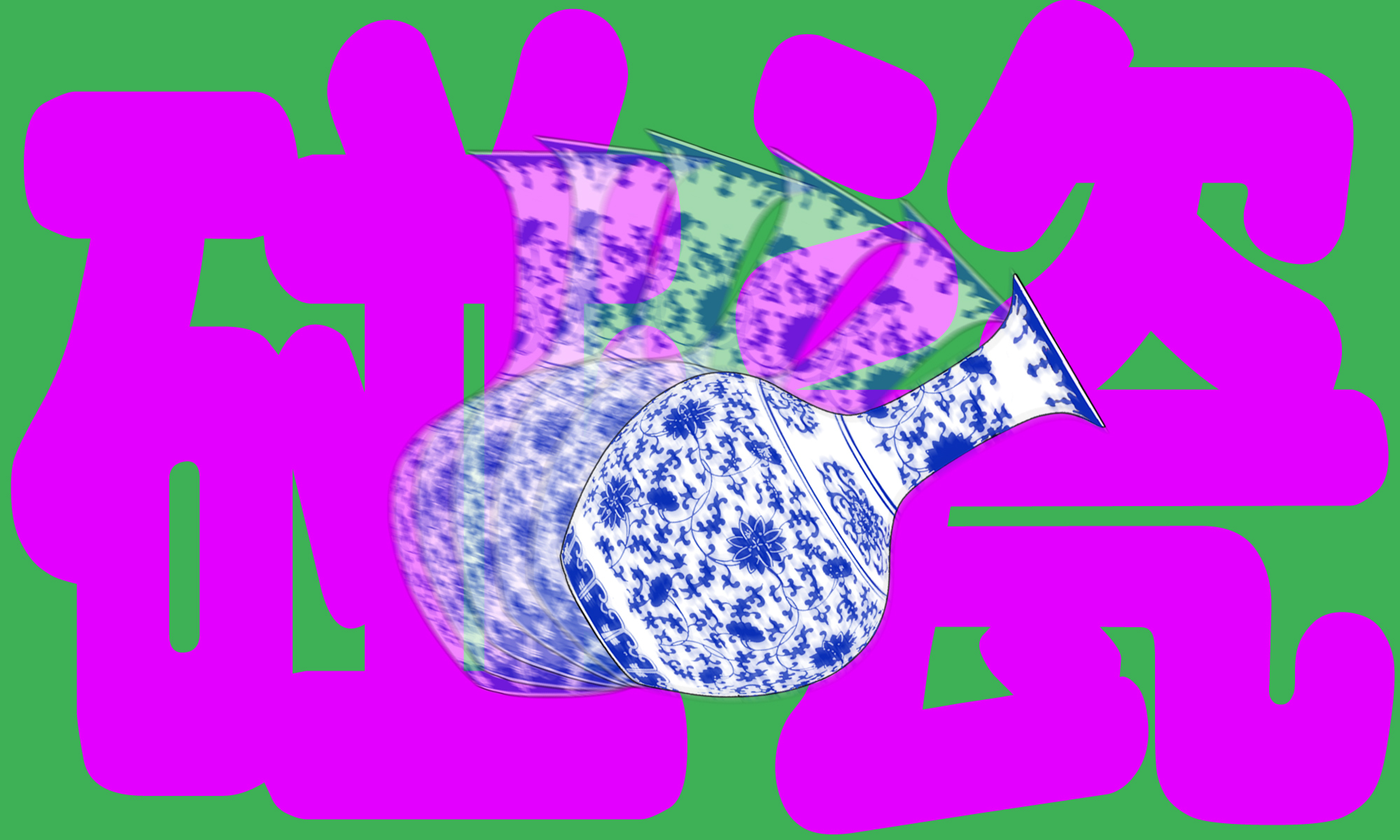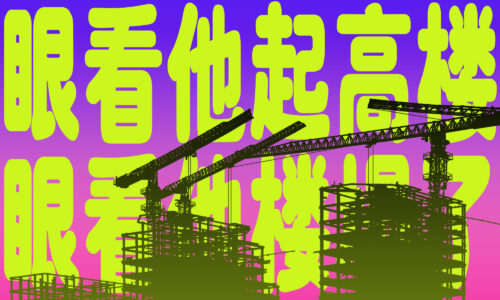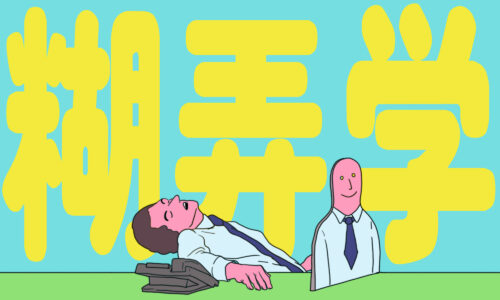‘A bumping porcelain piggyback scam’ — Phrase of the Week
A new ride-hailing app piggybacked on the name of the official app promoting ‘Xi Jinping thought’ in a publicity stunt. It backfired.

Our Phrase of the Week is a new use of an old phrase: A bumping porcelain piggyback scam (碰瓷 pèngcí).
Context
Last week, the Beijing Daily reported on a new ride-hailing app, Strong Nation Transport (强国交通 qiángguó jiāotōng). The app apparently intends to rival Didi, the company that ate Uber alive in China but was later smacked down by the government after it IPO’d in New York in 2021.
International media quickly picked up the news about Strong Nation Transport, but the Beijing Daily deleted its report and other Chinese media refuted the claim that the app was backed by the government, claiming it was a scam. The language used in one report, also since deleted, brings us our Phrase of the Week, which requires some explanation:
Is this a wild chicken company bumping porcelain? The Ministry of Transport states it has no links with the app.
野鸡公司碰瓷?交通部称强国交通 App 与交通运输部无关。
Yějī gōngsī pèngcí? Jiāotōngbù chēng qiángguó jiāotōng app yǔ jiāotōng yùnshūbù wúguān.
Translation
The term wild chicken or pheasant (野鸡 yějī) is slang used to describe something that is unregulated or illegal, often a company (野鸡公司 yějī gōngsī) or university (野鸡大学 yějī dàxué). Bumping porcelain (碰瓷 pèngcí) is a common phrase in modern Chinese.
Its backstory, which is widely known in China, refers to the once-elite military force, Eight Banners Brothers (八旗子弟 bāqí zǐdì), also known as Bannermen, of the Qing dynasty (1644–1912).
Toward the end of the Qing, the Bannermen had become ineffective and corrupt. Well paid and powerful, they descended into gambling and drinking, funded by extortion and corruption.
One way of raising funds for their hedonism was a particular kind of scam involving large pieces of porcelain and unsuspecting members of the public. A group of Bannermen would carry a fake but expensive-looking porcelain vase on a horse-drawn carriage, intentionally allowing others — often in a rush — to bump into them, smashing the vase. A big fuss would follow and the full but fake value of the original would be claimed through intimidation.
Bumping porcelain (碰瓷 pèngcí) became a well-known scam of the Bannermen, and eventually a phrase used to describe any type of scam or extortion in China involving an initial deception following by a demand for large sums of compensation.
But its meaning has changed over the news of the Strong Nation Transport app. Chinese media accused the company of trying to generate publicity by posing as the government’s “official” ride-hailing app: They claimed that it was piggybacking on the name Strong Nation Learning App (学习强国 xuéxí qiángguó), which was launched in 2019 by the Communist Party’s propaganda department, which provides study materials for the general public to learn about the political thought of Xí Jìnpíng 习近平. It’s sometimes translated as “Study Xi Strong Nation,” a pun on Xi’s name and the word for learn (学习 xuéxí) in Chinese.
So the claims in Chinese media would be better translated as:
Is this an illegal company trying to piggyback on an official-sounding name to make money for itself? The Ministry of Transport states it has no links with the app.
野鸡公司碰瓷?交通部称强国交通 App 与交通运输部无关。
Yějī gōngsī pèngcí? Jiāotōngbù chēng qiángguó jiāotōng a-p-p yǔ jiāotōng yùnshūbù wúguān.
In this context, my translation of 碰瓷 pèngcí is “a bumping porcelain piggyback scam.”






